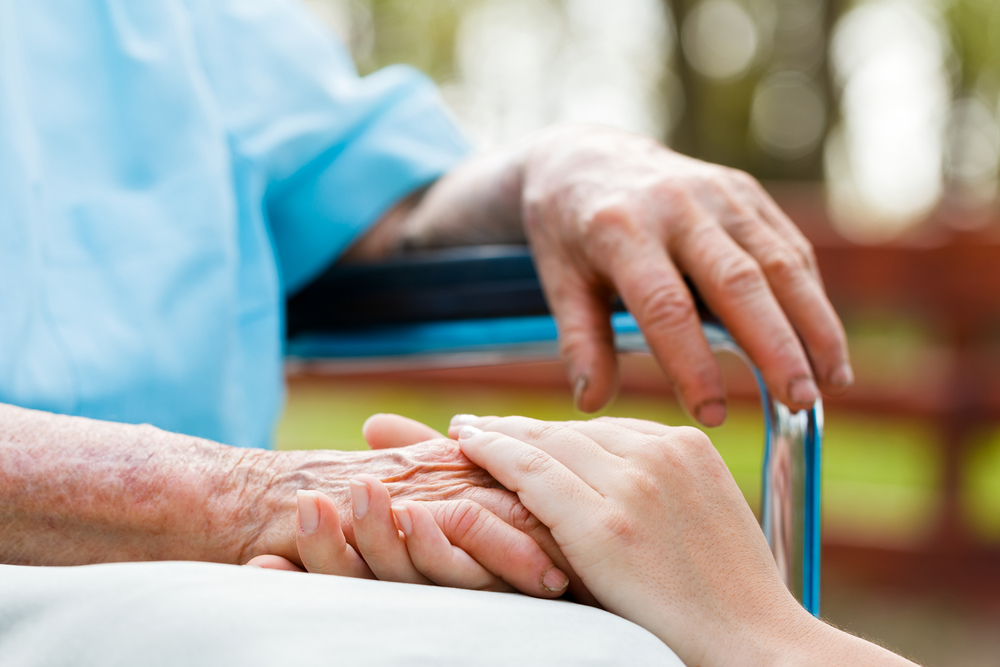Research carried out by professor Cristiano Schaffer Aguzzoli, from Feevale Medicine course, was published in the international journal Jama Network Open

Neuropsychiatric symptoms, such as irritability, agitation, anxiety, and depression, pose significant challenges in treating patients with Alzheimer's disease. These symptoms are difficult to control, often requiring substantial support from families in caring for the patient, while their underlying causes remain unclear.
The professor of Medicine at Feevale University, Cristiano Schaffer Aguzzoli, led the study Neuropsychiatric symptoms and microglial activation in patients with Alzheimer Disease, published in Jama Network Open, which brings new perspectives on this subject. The research, carried out at the University of Pittsburgh, in the United States, under the supervision of Professor Tharick Ali Pascoal, suggests, for the first time, that microglial activation may be responsible for those symptoms. Research has revealed an association between brain microglial activation and neuropsychiatric symptoms, highlighting the role of brain inflammation as a key factor, connecting these manifestations to Alzheimer's disease.
According to Professor Aguzzoli, microglia are glial cells responsible for the immune system of the central nervous system. “The activation of microglia occurs when there is damage to the brain, as in the case of the deposition of beta-amyloid and tau proteins, which occurs in Alzheimer's disease, and this leads to a process of release of inflammatory cytokines, causing inflammation in the brain. Thus, biomarkers of microglial activation indirectly inform an inflammatory process that is occurring in the central nervous system”, he explains.
The research was carried out at the Department of Psychiatry at the University of Pittsburgh and included 109 individuals from a Canadian unit. These individuals had dementia, mild cognitive impairment, or preserved cognition. Participants underwent imaging tests to measure microglial activation in the brain, as well as a clinical examination to assess their neuropsychiatric symptoms. “We used linear regression models to evaluate the association between microglial activation and neuropsychiatric symptoms”, explains Aguzzoli.
“The study suggests that neuropsychiatric symptoms such as irritability, distress and sleep disorders are caused by the excess inflammation that occurs in patients with Alzheimer's disease”, explains the Feevale professor. “These findings have significant implications, potentially paving the way for the development of new treatments, which aim to reduce microglial activation and, consequently, reduce neuroinflammation. Such treatments may hold promise in alleviating neuropsychiatric symptoms exhibited by individuals living with dementia,” concludes Aguzzoli.
To know more…
Another research finding was that individuals who have higher levels of microglial activation in the brain tend to have caregivers who experience high levels of stress when dealing with these patients. The complete study Neuropsychiatric symptoms and microglial activation in patients with Alzheimer Disease can be accessed via the link.
Jama Network Open is an international medical journal published by the American Medical Association in the United States, peer-reviewed and open access. It publishes research on clinical care, health care innovation, health policy, and global health across health disciplines and countries for clinicians, researchers, and policy makers.


